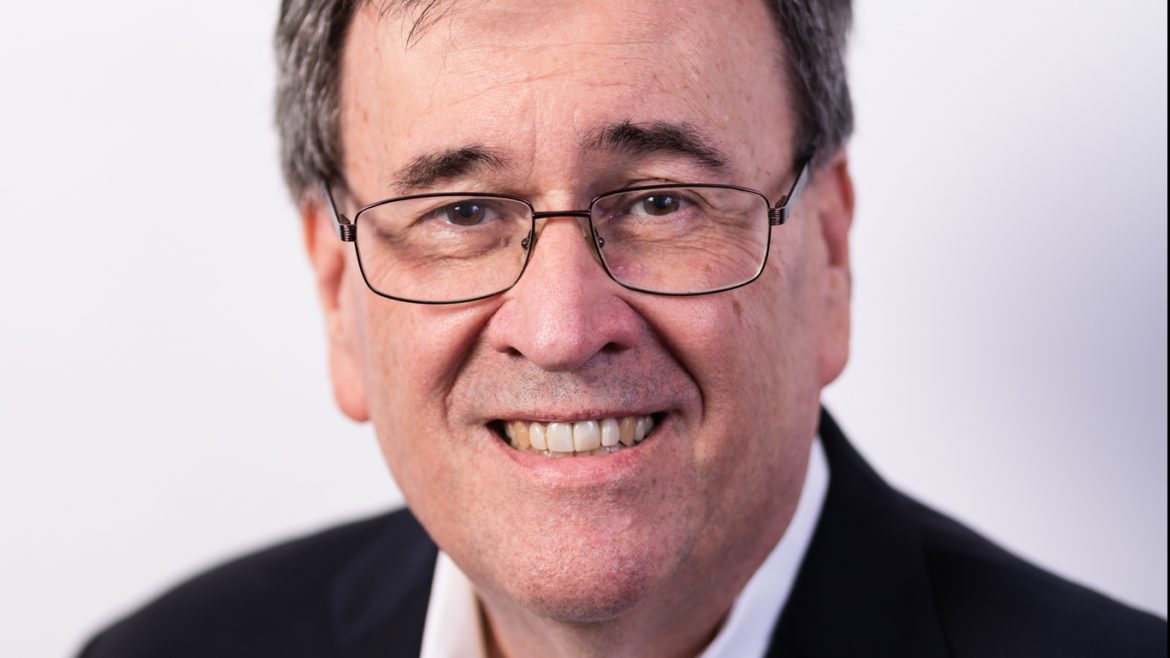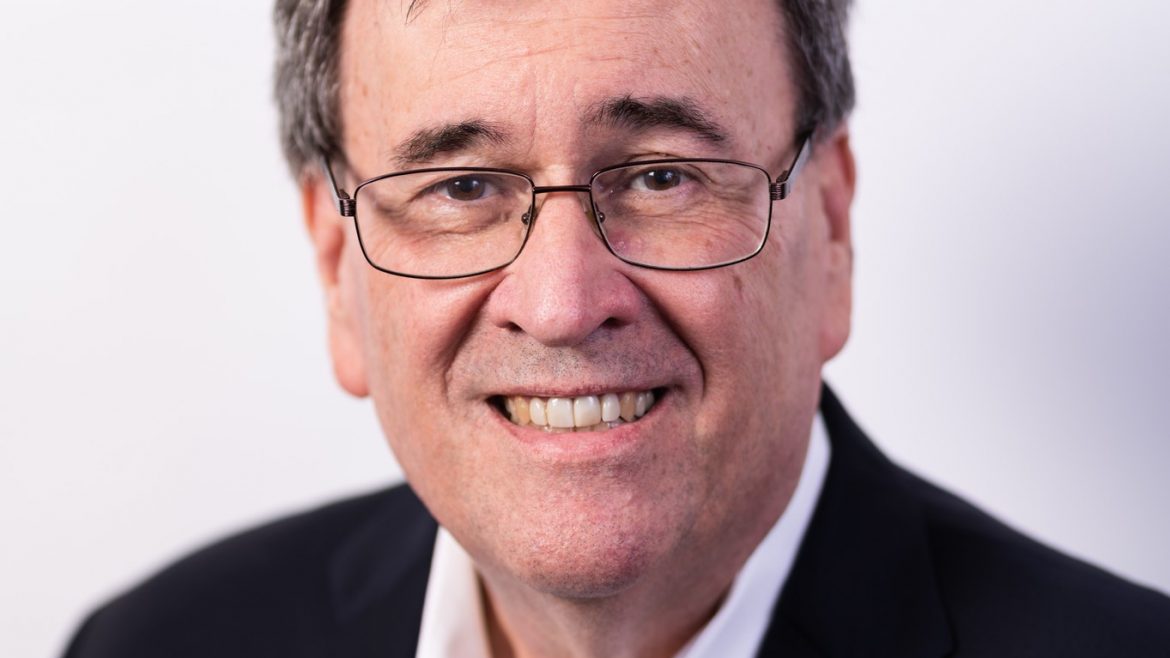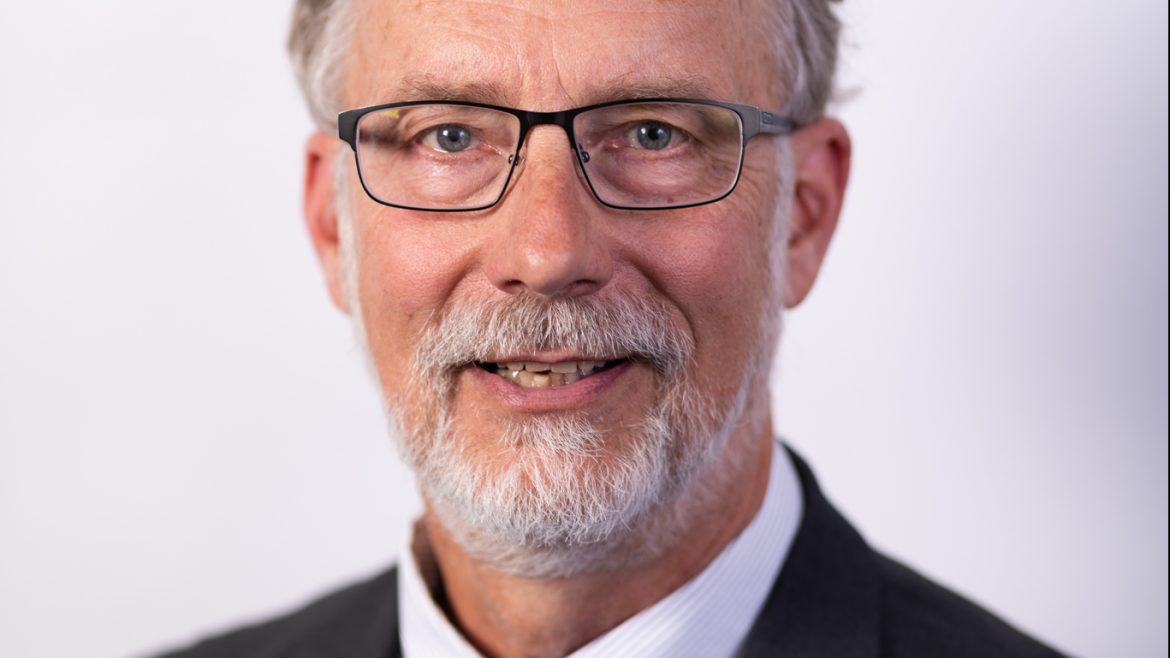It’s easier to see when someone else does it.
Let’s call this the Annual Backpack Explosion. Every year at this time, schoolchildren are given the opportunity to pick up a free backpack, often stuffed with free pencils, crayons, pads of papers, and other school supplies. They can go with their parents to a convention center, a school, a shopping mall, an automobile dealer, or some other place that usually has lots of parking for families and of course some media to watch the lines of kids getting their selection of the free goodies. Sounds great, right?
At one level, of course this is a good thing, as we hope that every child is adequately and equitably prepared for the first day of school. However, on a large level, there is usually little or no coordination or communication with the groups organizing this chaotic attempt to do good. One result can be more, perhaps many more, backpacks than are needed, or certainly an uneven distribution than where the need is across a region.
Another unintended consequence is that expectations often change with repeated behaviors. What do the children and their parents now expect next year? Will they make plans to buy what they need for school, or wait for another handout? Will a simple backpack be enough, or will only a designer brand or the one with that year’s more popular superhero be the only one they will accept? Will generic crayons be good enough, or will that box of only eight colors satisfy them?
To any Society food pantry, dining hall, or Home Visit worker, the above examples might feel, well, familiar. We wonder sometimes if the families we see every week at the pantry are trying hard enough to find other solutions, and then we feel guilty about feeling this way. We try as Vincentians not to judge others. Then we judge ourselves when we work really hard, but the people we serve don’t always appreciate our service and even demand more than we gave them last time.
We must also ask ourselves, and we can see this with the backpack program as well, does this program really help the intended beneficiary audience all that much, or is it more about helping the volunteers or donors feel good about helping others? The answer can change over time, and this can be a bitter pill to swallow!
When we create a program, we often forget to create an exit plan, or even an evaluation plan. We get so excited to start something that we forget to think about its consequences, intended or unintended, on the people we serve, the community, and even on ourselves. We might notice an impact on our wallets! But what about the impact on the way people’s behaviors change because we changed ours? Have we created not only a new resource, but a new dependency? Is the resource we think of as a temporary fix viewed by others as a continuing benefit in time, money or other advantage?
We also forget in our rush to start something to tell others, especially our friends, that we are about to do something good. Sure, we have a grand opening announcement. However, we often do not tell other nearby Conferences parishes, other faith groups, government agencies, and others about our programs, our resources and especially our limitations. Then we wonder why that family shows up in the middle of the night asking for our help, telling us they were sent by our “friends” across town.
Sometimes we think we are just a few good people doing a few good things from the church basement. In truth we are a lot of great faith-filled people, doing many good and Holy things all over the country. People notice, as do other agencies, churches, community groups, the media, you name it. People in need talk to each other, and they have our name as a trusted friend on their lips to tell each other who they can go to for help.
We owe it to our neighbors, especially those in need, our partners and funders, and ourselves, to re-assess our work constantly in light of its impact today and tomorrow. We may be making a difference, but is it still the one we wanted? Is it the one Christ would want us to make with what we have?
Yours in Christ,
Dave
CEO



